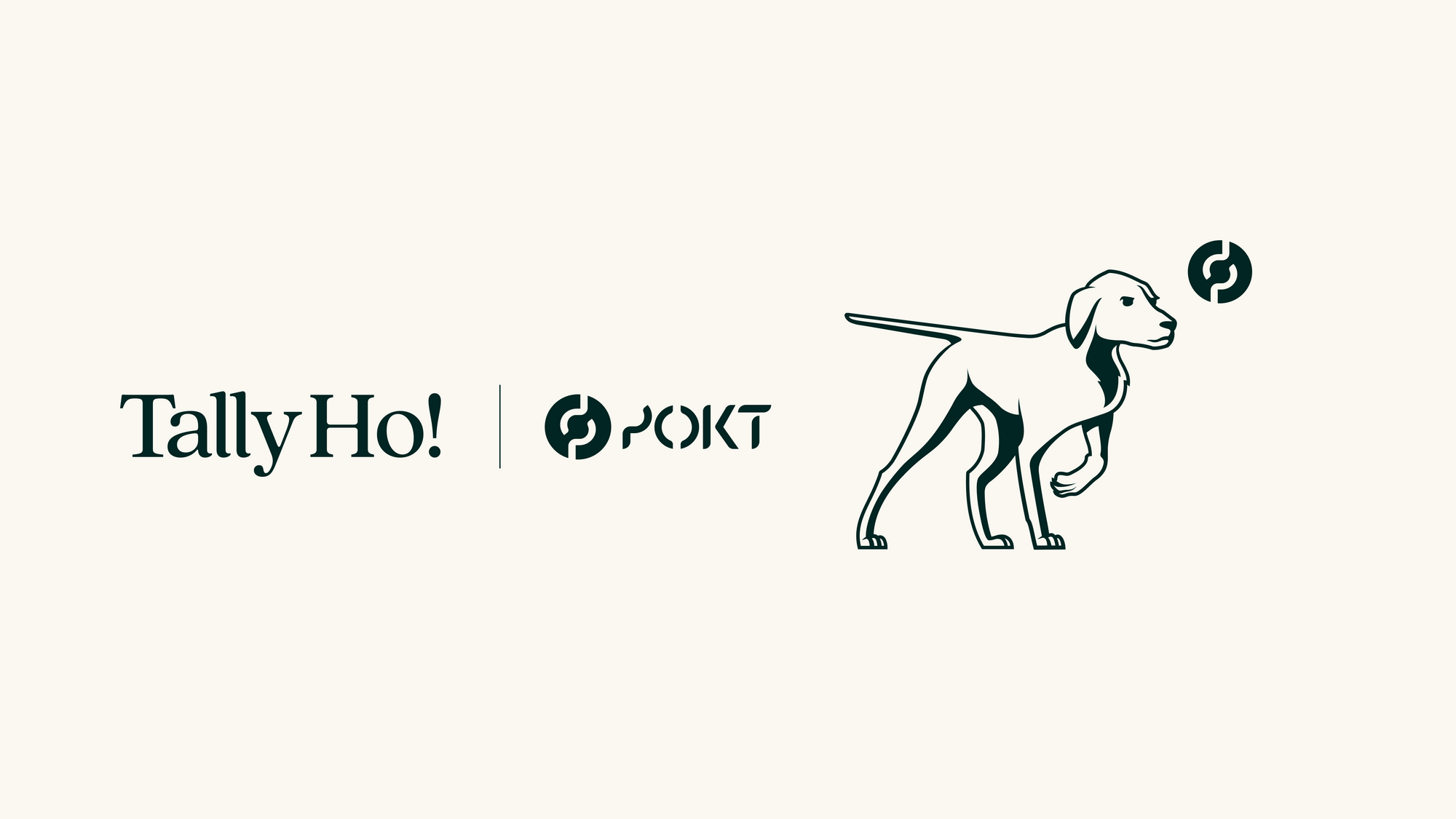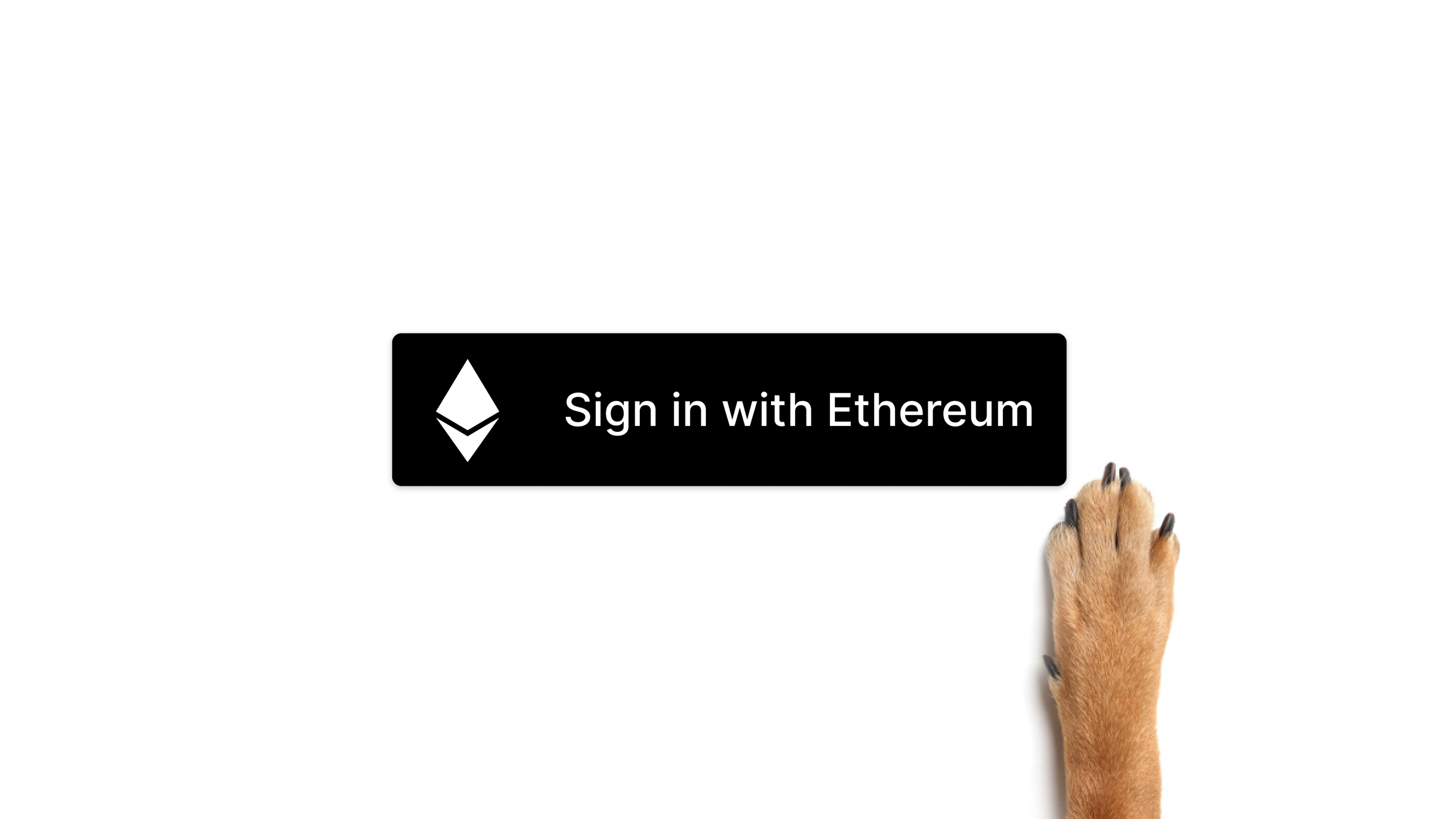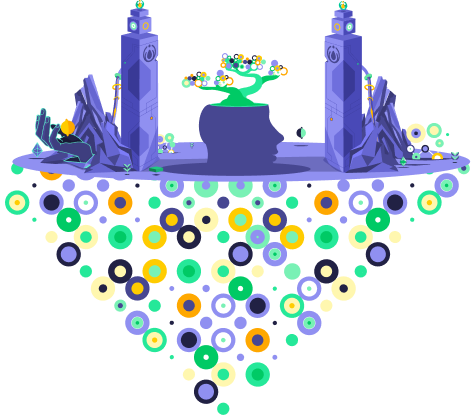Community Update #19
A very busy week under wraps for Tally Ho.
It was quite a busy week for Tally Ho! We had a very high turnout for the APAC community call on Thursday, 3.10. In case you didn't know, we host this call every Thursday at 10 am ET for those in the Asia/Pacific time zones who otherwise aren't able to make the Friday call. IDriss was our special guest for this week. We hope to get them on a Friday call as well, likely in early April. As a bonus, more & more people are showing up to both community calls!
APAC doggos!
— Tally Ho! (🐶,🐶) (@TallyCash) March 10, 2022
Join us at 10am ET today for our community call dedicated to your time zone ⏰
featuring special guests @IDriss_xyz ✨🐾
📱 https://t.co/d4Euf4qTsH pic.twitter.com/0GJcGD91ax
Our Friday call had a huge turnout, at 580 attendees! This week's guests were Kevin Owocki and Annika Lewis of Gitcoin.
S/O to Jo for designing both fliers for the APAC & the Friday community call, as well as the POAPs.
Happy Friday!
— Tally Ho! (🐶,🐶) (@TallyCash) March 11, 2022
Interested in learning more about the @gitcoin Aqueduct? 💧 @owocki will be presenting during this afternoon's community call.
⌚️ 2pm ET, 👉 https://t.co/d4Euf4qTsH pic.twitter.com/7rUE0IawKF
Check out the working groups! Even if you’re not a dev, there are still ways for you to get involved. Chloe is helping oversee the development of our resource centre, which is a series of Web3 and Tally Ho education blogs. There are also lots of opportunities to get involved in co-marketing, so hit up Kris, Chloe or head to the #off-leash-area in our Discord to find out more!
The following blog posts were published last week:


Integrations
We had mStable & Balancer go live this week! CurveFi is now fully functioning as well.
🥳 Integration round-up incoming...
— Tally Ho! (🐶,🐶) (@TallyCash) March 15, 2022
You can now use your Tally Ho wallet with the following dApps...@BalancerLabs@CurveFinance@mstable_ pic.twitter.com/RdlaR0VfPZ
We're also the first wallet to fully employ Sign In With Ethereum...

Gitcoin
Kevin expressed that he’s really excited to be exploring a partnership between Gitcoin and Tally Ho, and believes what Tally Ho is doing is really important for the space, as he strongly believes in client diversity. “I believe in a diversity of ways that we find our ecosystems and a diversity of DeFi tools to NFT tools,” he said, And that of course includes wallets."
Gitcoin is a place where Web3 enthusiasts looking to work for their favorite protocol can get coins. Its mission is to build and fund digital public goods to then build and fund digital ecosystems. So far, they’ve raised $53 million worth of funding for digital public goods.
The main product that they offer is their hackathons, which is a totally remote-first hackathon where BUIDLers can work on prizes and earn rewards in the form of tokens from sponsors.
Gitcoin Grants is the largest crowdfunding platform in the Ethereum ecosystem. There are currently 13 active grants going on right now. Any contributions to a recipient’s grant will be matched by a centralized matching pool.

Kernel is an accelerator for people who are trying to enter the space. Gitcoin accepts 200 people per quarter into cohorts of Kernel projects, which provides web3 education, helps the recipients get to know each other, and helps them get to know their place in the space.

Quadratic Funding: Quadratic funding is the way that Gitcoin matches campaign contributions. Ex: If two projects get the same amount of money, like if Annika raised $100 USD, and Kevin raised $100USD, but Annika’s grant had 100 contributors and Kevin only had one contributor, then Annika’s grant would get way more of the matching funds.
The reasoning behind Quadratic Funding is to optimize for the everyday ecosystem contributors, not just the whales in the ecosystem. It's a way of creating a democratic campaign for funding that pushes power away from central power brokers & central grant administrators to you, the members of the community.
Read Vitalk's research paper on Quadratic Funding here.
It also helps get over the free-rider problem: Why would someone bother giving a dollar to this project when they’re already deriving benefit from the free and open-source code base that they provide?
→ Already, the matching multiple is what gets you over the free-rider problem. “So we've seen grants that if you give $1, you get a ten-dollar match. It's that if you give $1, you get a hundred dollar match grants that if you get one dollar, you get a thousand dollar match, depending on the number of other contributors that are giving you that grant,” said Kevin.
.... Enter Tally Ho.
“We were like, hey, you're building a community wallet that bottoms up. And we have this mechanism for allowing capital and culture to coordinate around the most important projects from the bottom up,” he said. The idea here was to take the idea of quadratic funding and implement it into the Tally Ho launch. What if Tally Ho not only gave back to the ecosystem by funding the main Ethereum round– but Gitcoin also ran a special round just for Tally Ho?
In a “traditional” kind of DAO structure, if you wanted to launch a marketing workstream for a DAO, you would have to make a proposal to governance and get it approved, and go through a big governance process. If it's not a DAO, you have to convince some central grand administrator or some power broker that your grant is a good idea. With Gitcoin grants, you just convince your peers that what you want to do is a good idea.
For Round 14 of Gitcoin grants in June, Kevin is planning on implementing special quadratic funding round for Tally Ho. The idea here is that anyone out there who has an idea of how to make the Tally Ho ecosystem great can put up a grant and then members of the Tally Ho can vote with their dollars or vote with their tokens.
The main “meat” of the conversation, as Kevin put it, was posing the following question–
What if quadratic funding could help the Tally Ho DAO self-assemble and create the second-biggest breed of a community-owned wallet?
Tally x Gitcoin = better coordination for the Tally Ho ecosystem.

Product Update:
Last week, we experienced a hiccup with Chrome, but we are now back up & running on the Chrome store.
Bug Fixes for Swaps: One of the most common bug reports is that the updated balances are not showing for tokens. A temporary solution in the meantime was the addition of a reset button on the Chrome and GitHub versions, before solving the more robust issue of balances not manually refreshing on their own. We’ve raised $900 USD in swap fees so far, meaning that about $180,000 USD has gone through swaps!
Other tweaks: We've got a fork of mainnet that we're testing out our contracts. We’ve also had an audit recently on our contracts, which are looking good. We've added a 'remove addresses' feature. So if you've added something to the account's list here, you can now remove them. We fixed the 'add address' button here as well. Look out for these in the next release!
You’ll also begin to slowly start seeing more and more decoded transactions. So the first is just exposing raw data. So if you ever if you use a service like Ledger or something like that, you'll be able to see transaction data before you sign it!
There will be some final release improvements leading up to a code freeze at launch every few weeks. We'll have actual dates to share with you guys a few days before, but keep your eyes peeled. Until then, please keep engaging in feature requests and reports!
(🐶 , 🐶)


